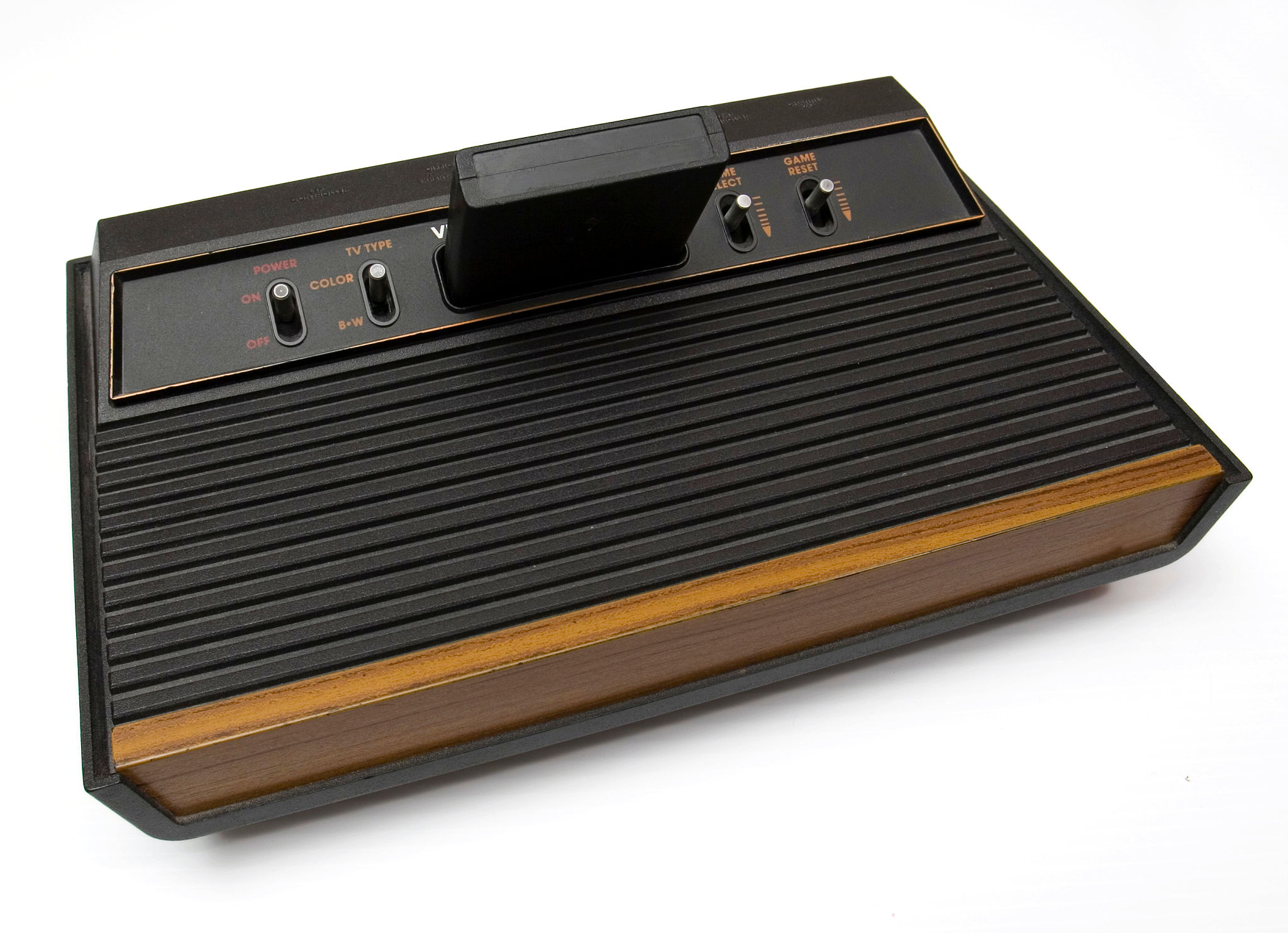The Ultimate Guide to Virtual Reality Systems in Canada
Introduction to Virtual Reality in Canada
Virtual reality (VR) has transformed the way we experience digital content, offering immersive experiences that are unparalleled in other mediums. In Canada, VR technology is gaining momentum across various sectors, from entertainment to education and beyond. This guide explores the different VR systems available in Canada and how they are shaping the future.

Types of Virtual Reality Systems
There are several types of VR systems available, each offering unique features and experiences. The main categories include standalone VR headsets, PC-tethered VR systems, and mobile VR headsets. Understanding these categories can help you choose the right system for your needs.
Standalone VR Headsets
Standalone VR headsets are self-contained devices that do not require a PC or smartphone to operate. They are highly portable and user-friendly, making them ideal for casual users and those new to VR. Popular models include the Oculus Quest 2 and the Pico Neo 3.
PC-Tethered VR Systems
PC-tethered VR systems offer a more powerful and immersive experience. These systems require a connection to a high-performance computer to run complex applications and games. Notable examples include the HTC Vive Pro 2 and the Valve Index, known for their high resolution and precision tracking.

Virtual Reality Applications in Canada
VR technology is not just for gaming; it has widespread applications across various industries in Canada. From healthcare to real estate, VR is being used to enhance training, visualization, and remote collaboration.
Healthcare
In healthcare, VR is used for medical training, patient therapy, and pain management. It allows medical professionals to simulate surgeries and practice procedures in a risk-free environment, improving their skills and confidence.
Education
The education sector benefits from VR by providing interactive and engaging learning experiences. Students can explore historical events, travel to distant planets, or dissect a virtual frog, making learning more dynamic and memorable.

Choosing the Right VR System
When selecting a VR system, consider factors such as budget, intended use, and technical requirements. Standalone headsets are great for beginners or casual users, while PC-tethered systems are ideal for those seeking a high-end gaming experience or professional applications.
- Budget: Determine how much you are willing to spend.
- Usage: Decide whether you need a system for gaming, professional work, or educational purposes.
- Compatibility: Ensure your existing hardware meets the technical requirements of the system.
The Future of Virtual Reality in Canada
The future of VR in Canada looks promising as technology continues to evolve. With advancements in hardware, software, and content creation, VR is set to become an integral part of various industries. As more Canadians embrace this technology, we can expect to see even more innovative applications emerge.
In conclusion, virtual reality offers exciting possibilities and is rapidly becoming accessible to a broader audience in Canada. Whether you are interested in gaming, professional applications, or educational uses, there is a VR system that will meet your needs.
